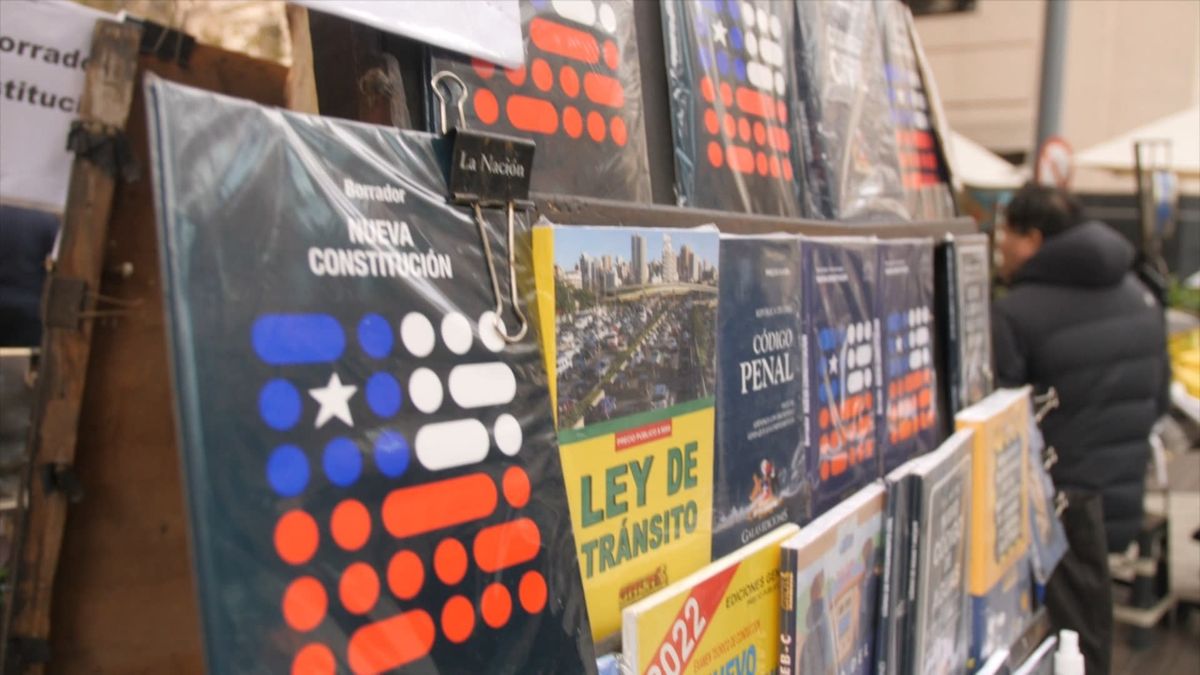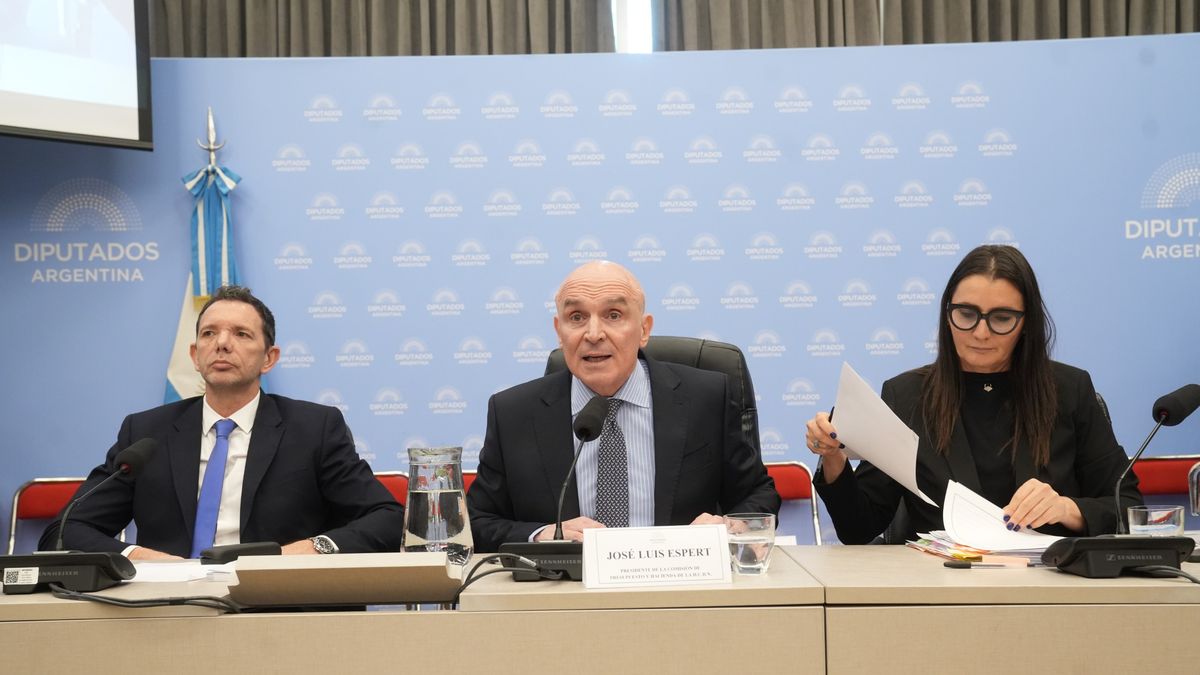Chileans will vote to approve or reject the new Constitution in a mandatory election next 4th of September. Although they overwhelmingly backed the idea of writing a new one in a referendum two years ago, opinion polls suggest the final draft could be rejected.
Since April, support has dwindled amid fears that some of the proposals from the assembly charged with formulating the text are too radical. The convention delivered its proposal in early July to the president Gabriel Boric.
The new Constitution, bestseller
In the capital, SantiagoStreet vendors told Reuters they sell dozens of copies of the small book daily, decorated with a mosaic of the Chilean flag on its cover.
“Here is the money,” said Alfredo López, who normally sells fruit on the capital’s central Ahumada pedestrian street.
When the pandemic hit, López was selling masks, and now he has a table full of constitutions and a yellow handwritten sign promoting improvised editions of the legal text for 3,000 pesos (about $3). The seller, who has not read the Constitution and does not plan to do so, sells between 70 and 80 copies a day.
The new Constitution, conceived after the massive street protests against the inequality at the end of 2019, sparks debate among those who want to protect the economic model geared towards free market that underpinned decades of growth in Chile and those who seek a more socially inclusive ideal.
The debate has intensified with the rise in inflation and the slowdown in the economylinked to global fears of a recession and the war in ukraine driving up food and energy prices.
The copper priceChile’s main export, has slumped and the local currency is at record lows.
“The conversation heats up, there are super tense spirits in the population for the same reason,” said Isidora Varela, 25, a communications professional who this week bought a copy of the text and said she felt it was her duty to read it and inform others.
“Not all people are going to read a constitutional text, the information there is is super dense,” he said, expressing his opinion that he had seen a lot of erroneous information and “fake news” related to the articulated in social networks.
Mireya Dávila, an academic from the Faculty of Government at the University of Chile, stated that both parties still have time to win over voters and a decisive factor will be the effectiveness with which the campaigns communicate.
“Voting informed would be basic, but I don’t know if that’s going to happen,” he commented.
Polarization is in the streets
Another vendor, Carlos Bastías, said heated arguments and fights constantly break out among his customers.
“I think that, actually, in a few more days we are going to have to form a ring here, I think, with some gloves and I’m going to have to be the referee,” he joked, adding that he has read about half of the new Constitution, but avoids giving his opinion to clients.
“Every day this is going to intensify more,” he said, pointing out that many clients who come to his position cite the constitution of Venezuela of 1999 drawn up after a national referendum as a warning sign of the dangers of change.
“People are concerned about this as well. Because this, as a country can lift you up, you know, it has destroyed other countries,” he said.
Source: Ambito
David William is a talented author who has made a name for himself in the world of writing. He is a professional author who writes on a wide range of topics, from general interest to opinion news. David is currently working as a writer at 24 hours worlds where he brings his unique perspective and in-depth research to his articles, making them both informative and engaging.




